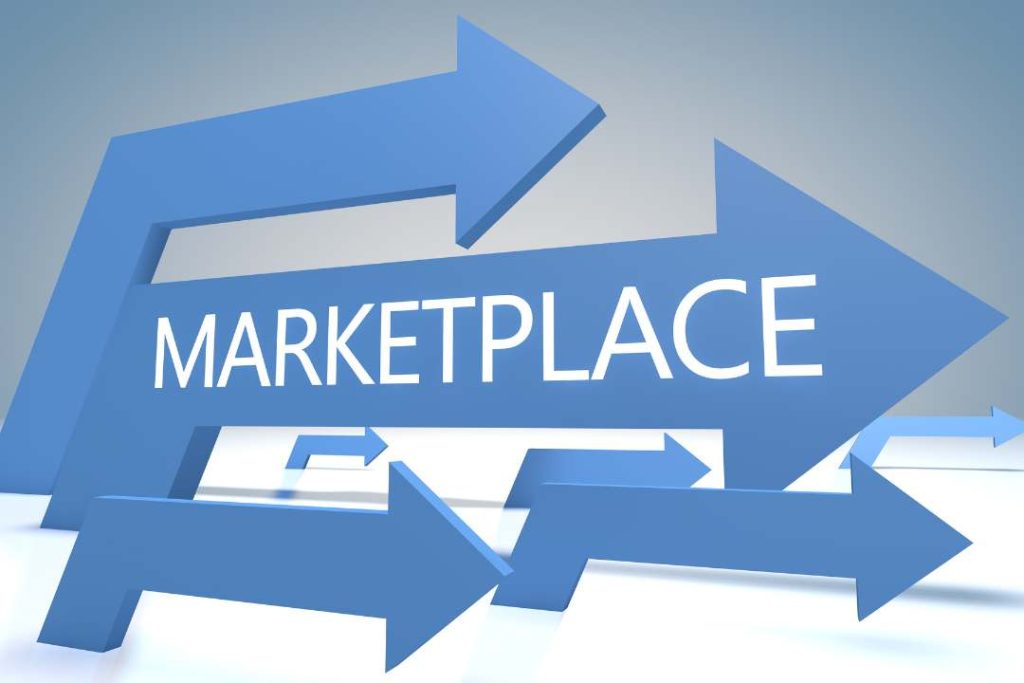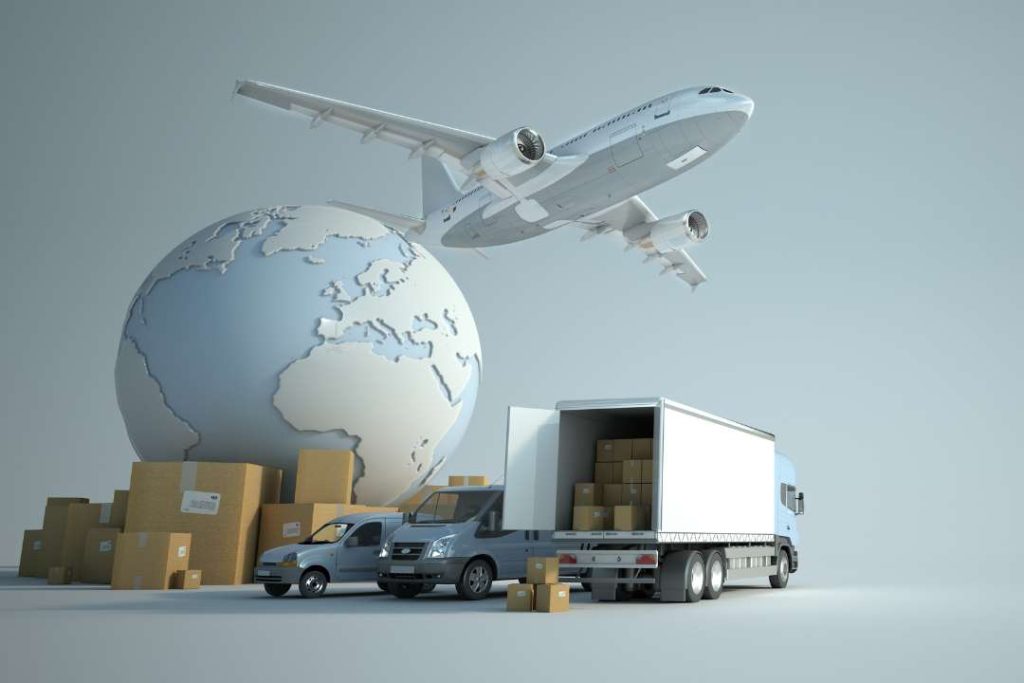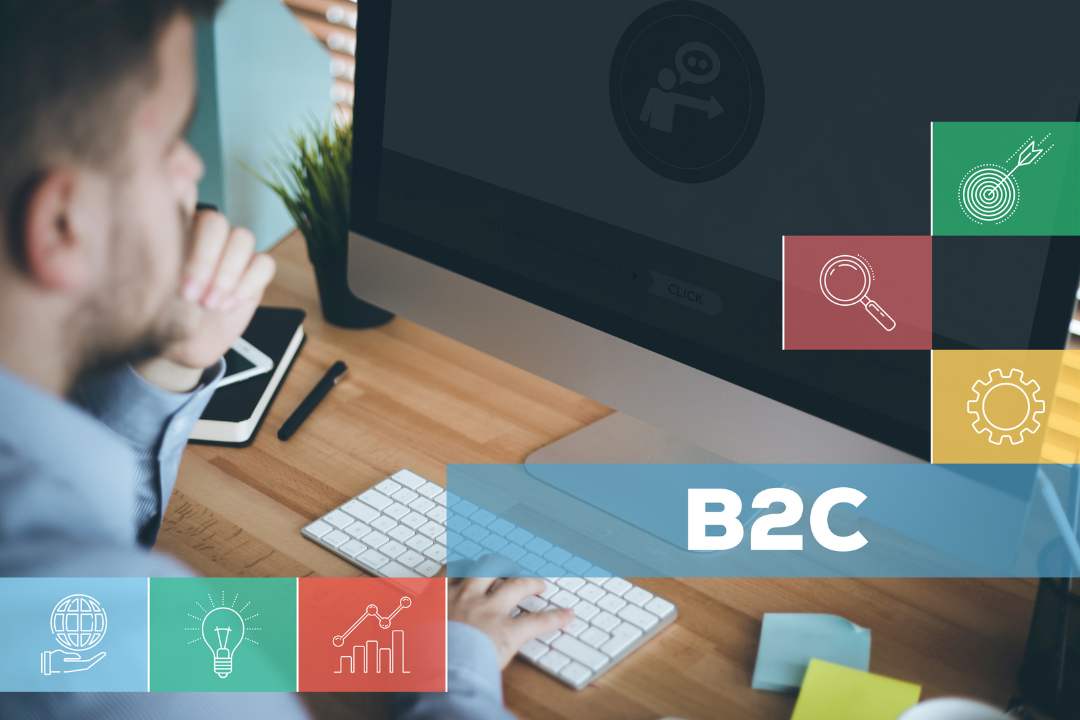The B2B marketplace is undergoing a profound transformation driven by technology integration, changing customer expectations and omnichannel. A recent McKinsey report details how these factors are defining the new B2B growth equation, offering companies a roadmap to optimize their operations, personalize their offerings and leverage the benefits of digital commerce.
Omnichannel: The future of B2B
Omni-channel has gone from being a competitive advantage to becoming a fundamental requirement for companies operating in the B2B arena. According to McKinsey, companies that adopt more than 10 customer interaction channels are better positioned to capture market share. B2B companies can no longer rely solely on traditional interactions or direct sales: today, it is necessary to be present in multiple digital channels, from e-commerce platforms to mobile apps or social media interactions.
B2B consumers demand a consistent and seamless experience across all touch points. This means businesses must be available to their customers at any time and from any device, whether the buyer is reviewing products, requesting quotes or seeking technical assistance. The key to excelling in this environment is the efficient integration of these channels, ensuring that the shopping experience is consistent and personalized regardless of the medium.
Personalization and customer experience in B2B
Today’s B2B buyers expect personalized treatment and solutions tailored to their needs. This has led to the need for companies to incorporate artificial intelligence (AI) y advanced data analysis in their operations to better understand their customers’ behavior and anticipate their needs. AI enables B2B companies to offer accurate recommendations, optimize pricing and personalize the buying experience based on historical data and real-time behavior.
For example, data analytics can help a company identify when a customer is about to run out of inventory and send a restocking offer before they ask for it. Options can also be offered based on past purchases, thereby improving the effectiveness of marketing campaigns and increasing customer satisfaction. and increasing customer satisfaction.
In addition, McKinsey notes that 72% of shoppers prefer to make their purchases online. if they are offered a personalized shopping experience. This underscores the importance of segment customers and tailor product and service and tailor product and service offerings to more effectively serve different segments.
Hybrid sales: The balance between digital and personal
In the past, B2B sales were dominated by face-to-face interactions and lengthy processes, but with the advent of digitization, the hybrid sales model has gained popularity. This model combines the best of both worlds: the efficiency of digital commerce and the personalized attention that complex B2B transactions often require.
According to McKinsey’s study, 61% of B2B buyers 61% of B2B buyers are comfortable with automating certain stages of the buying process, especially for recurring products or basic services. However, when it comes to more complex or high-value purchases, customers still prefer to interact directly with a sales representative. This is where the hybrid model offers flexibility and competitive advantages.
Companies that have successfully implemented this hybrid approach have seen not only an increase in sales, but also an improvement in customer retention. improved customer retention. El truco está en saber en qué momentos del recorrido del cliente es más efectiva la automatización y en qué puntos es necesaria la intervención humana para cerrar la venta.










